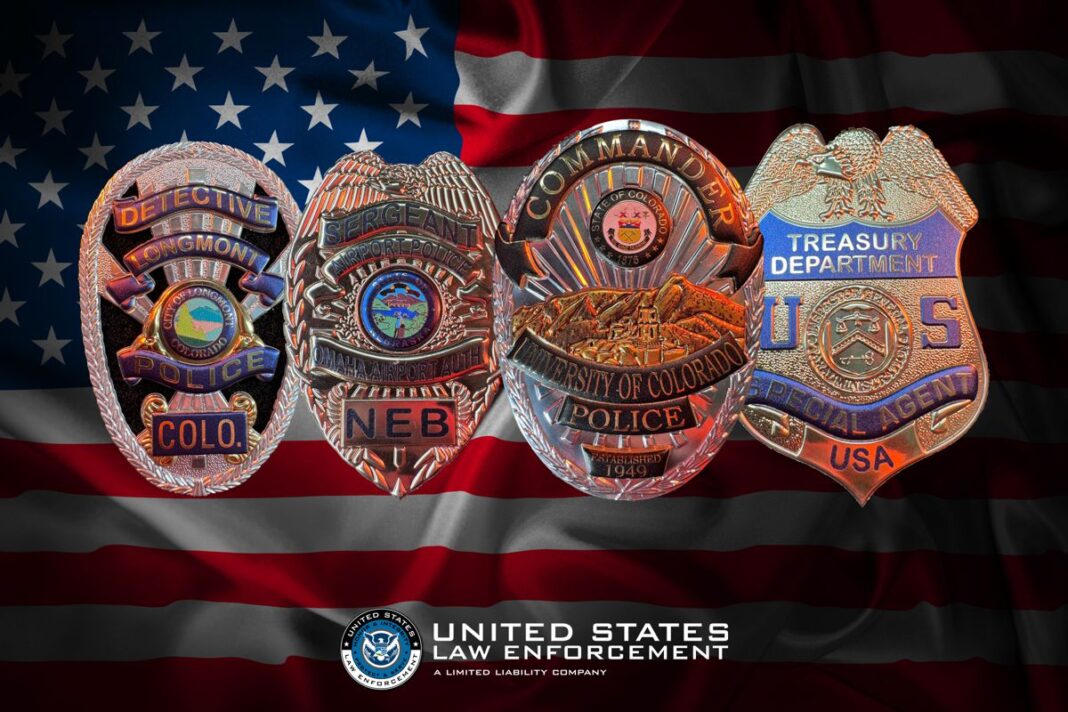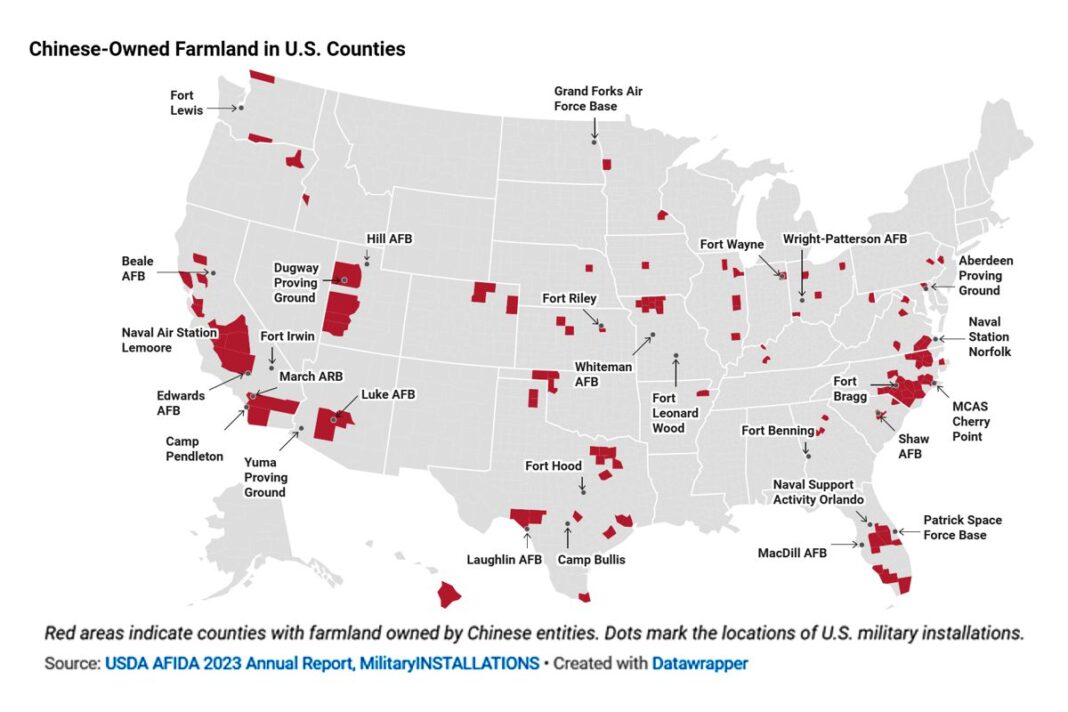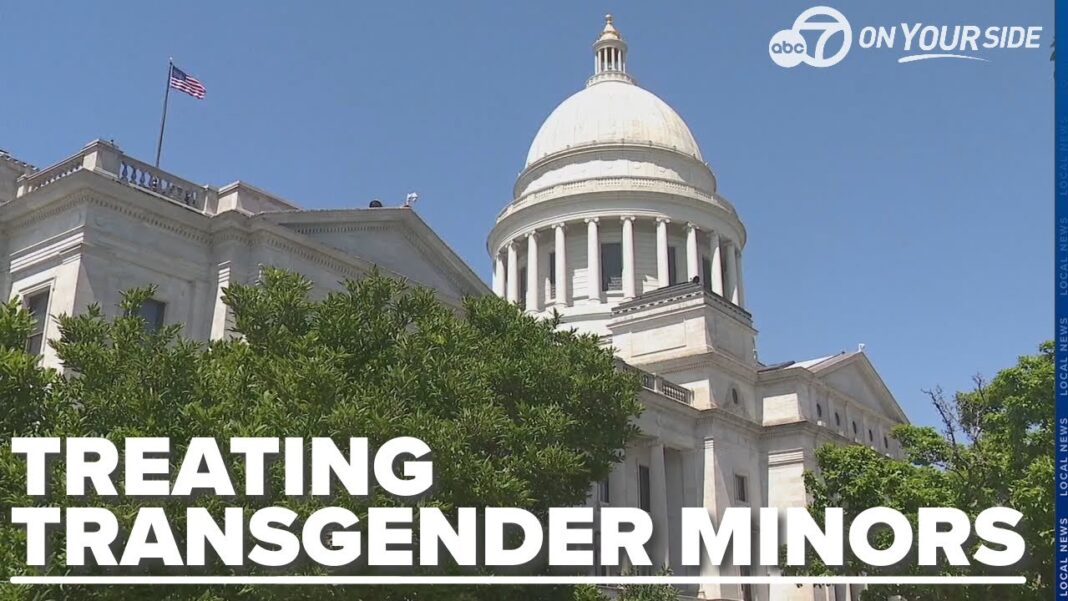In a nation deluged with crime and violence, the want of a good, decent cop is always in demand. Desperate shouts and pleas go out—some heard, others unheard—from innocent American citizens of all descriptions who are victimized, mugged, robbed of their money and possessions, and who fall into the clutches of criminals who try to kill them.
The many sworn police officers comprising the state police agencies, the county sheriffs and their deputies, the city police departments, and, of course, the federal law enforcement agencies such as the U.S. Marshals and the FBI, are bound by their oaths and jurisdictions to enforce the laws, codes, and ordinances legislated by state legislatures and Congress. They number over 1.26 million. In fact, police agencies in the USA have a combined armed force of sworn officers almost equal in number to the U.S. military’s standing active-duty service members of the Army, Air Force, Navy, and Marine Corps.
Add to this the tens of millions of armed U.S. citizens who stand guard with rifles and handguns at the doors of their homes—their small castles—and adamantly and boldly declare them inviolate from home invasion, and you can see why the military leader of Japan during WWII made the statement that “with a gun under every leaf and behind every bush, Pearl Harbor had caused a sleeping giant, the United States, to be awakened.” James Madison had fully emphasized in Federalist 46 the great importance of the republic’s armed electorate to the maintenance of freedom and liberty.
Having grown up in rural East Texas during the 1950s and ’60s, I deeply respected the criminal and civil laws that were enforced by the state, county, and municipal police agencies and had an abiding confidence in the cops—the Constables On Patrol—whom I knew were sworn to protect and serve the public.
I had learned early on, mainly from the example and instruction of my parents, that all criminal and civil laws had been legislated by the majority of an electorate for the good of the people, and that even though some of those laws were questionably moral and decent, they had to be obeyed until they were deposed in the legislatures and changed. Eventually, over time, the really bad laws were challenged and disposed of, such as the poll tax and racist codes.
When I first read Henry David Thoreau’s “Essay on Civil Disobedience,” I disagreed with the tactic used by Thoreau to make his point—which had landed him in jail in violation of the law—and I still do; for when due process of law operationally exists, there are other shrewd means for opposing unjust laws than blatantly and obstinately refusing to obey them. There are quite enough lawbreakers in the USA, both misdemeanant and criminally minded, planning to commit nonviolent and violent crimes besides the people who break and refuse to obey the law for mere demonstration purposes.
Perhaps that was one of the reasons I had, in 1983, placed my name on a waiting list of potential candidates for the job of San Diego County, California deputy sheriff after completing a year of law school in San Diego. Another reason might have been the need for a good-paying job to support my wife and three children. The hard cold fact is that most—89 percent—of all police officer candidates seek the opportunity primarily in order to obtain a good-paying job with a future. There are very few who truthfully seek the police power to use lethal force to protect and serve the public.
It is also a fact that most sworn cops don’t plan to become paid enforcers when they are in high school, like they do to become architects, engineers, doctors, lawyers, and dentists. If, perchance, a requirement for a four-year college degree was made nationwide by the states for police officer candidates, two things would probably happen: there would be significantly fewer applicants signing on for sworn law enforcement positions, while yet the applicants actually applying would be older, more mature, and of greater intellectual quality. Most state, municipal, and county police agencies only require high school graduation and a diploma as a minimum education requirement, which continually yields a field of severely undereducated young men and women.
Another salient fact about police officer candidates is that a great many honorably discharged military veterans apply for law enforcement positions within two years of leaving the armed forces. Many of these men and women—who are combat veterans, mostly men—emerge from the military extremely aggressive and, though older than most civilian applicants, hide a volatile, repressed enjoyment of intentionally inflicting physical pain on people. Eventually, after graduating from police academies, some are accused of exercising physical abuse under color of authority on innocent, unwitting citizen suspects.
Consequently, finding and recruiting good, decent people to become viable, successful cops is an onerous and complex process. Unfortunately, of the nearly 3 million police officers in the USA, there are probably 30 percent or more of them who are bad apples in a big barrel of cops. These bad cops make it difficult for good, decent police officers to effectively do their jobs. It is good to remember that good cops are very human and imperfect and make mistakes in discharging their duties; and they either learn from their mistakes and become better police officers, or continue making mistakes and are eventually fired.
Hence, when dealing on the highways or elsewhere with cops, the probability that they are good and decent is greatly in your favor. So, the best practice policy to follow when dealing with police officers constitutes:
- being respectful and not arguing,
- following their instructions as closely as possible,
- being a good witness, and
- taking your complaints and accusations about improper police conduct in written form to the proper court for redress of grievance.








